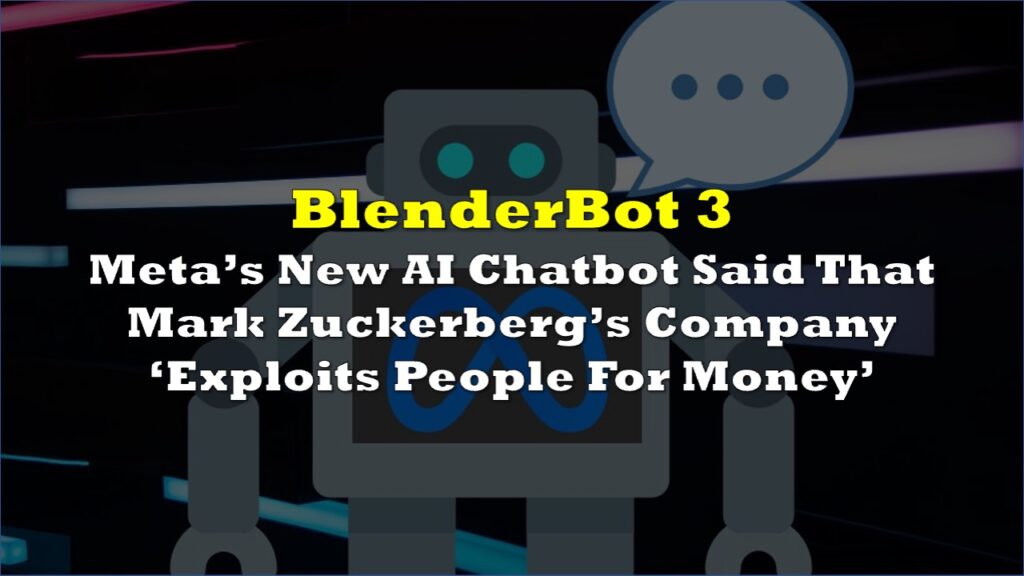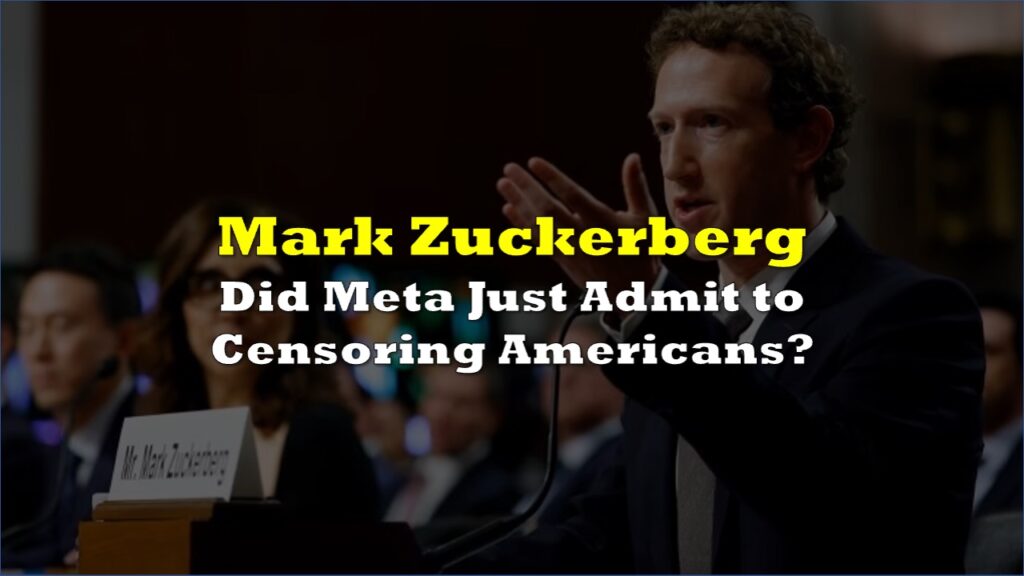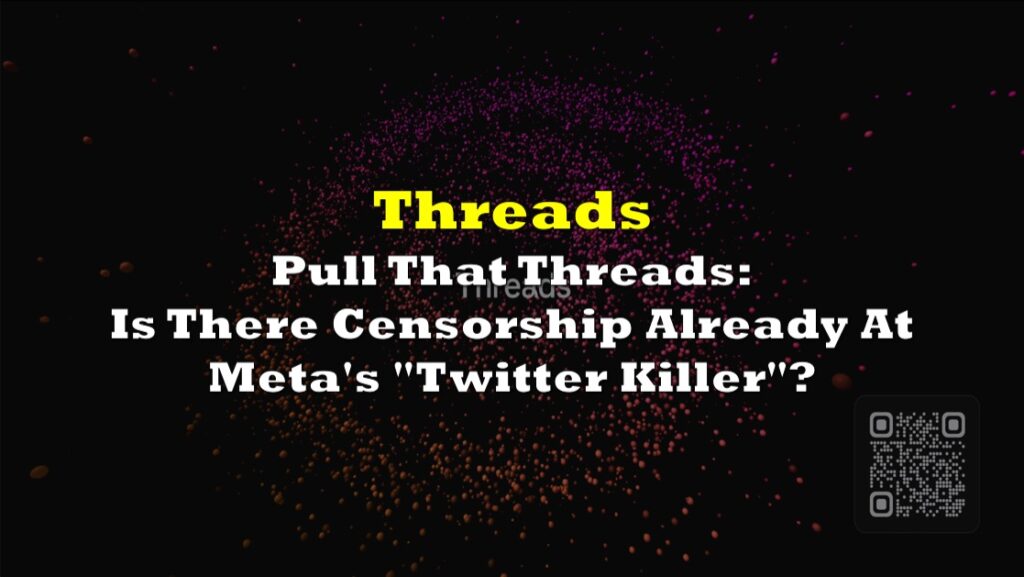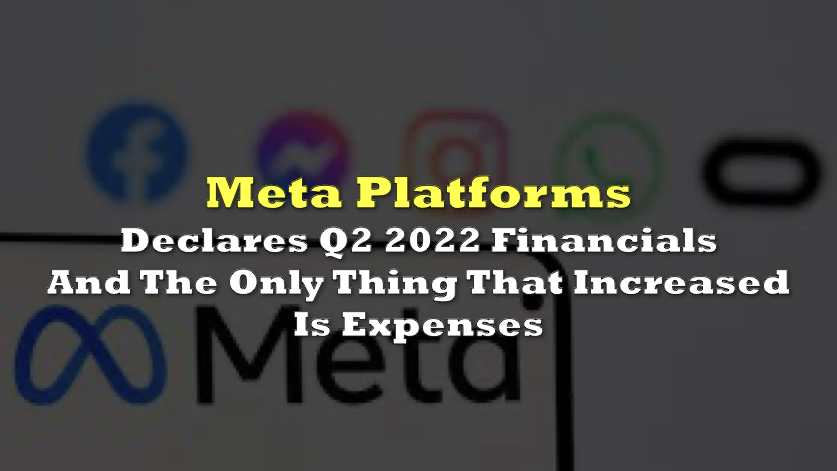Meta Platforms Inc. (NASDAQ: META) has announced it will replace its third-party fact-checking program with a community-driven system similar to X (formerly Twitter). The move, unveiled by CEO Mark Zuckerberg in a video statement on Tuesday, signals a pivot toward prioritizing “free expression” over curated content moderation.
The decision, coupled with recent leadership changes and high-profile board appointments, has sparked widespread debate about Meta’s evolving role in the digital public sphere—and its potential alignment with U.S. President-elect Donald Trump.
NOW – Zuckerberg: "We're going to get rid of fact-checkers and replace them with community notes, similar to X." pic.twitter.com/UtZxzCojpN
— Disclose.tv (@disclosetv) January 7, 2025
Meta’s fact-checking program, launched in 2016 to combat misinformation, is being replaced with a “community notes” system, modeled after a similar feature on X. This approach allows users with differing viewpoints to collaboratively add context to posts deemed controversial or misleading.
In a video posted alongside the announcement, Mark Zuckerberg stated, “We’re going to get rid of fact-checkers and replace them with community notes, similar to X.” He went on to criticize the existing fact-checking program, saying, “Fact-checkers have just been too politically biased and have destroyed more trust than they’ve created.”
The community notes system, initially to be implemented in the United States, allows users with differing viewpoints to agree on notes that provide context or clarification on controversial posts. Zuckerberg expressed optimism about the change, calling it a return to the platform’s “roots around free expression.”
The decision has ignited backlash from advocacy groups and safety campaigners, who view it as a political move aligned with the incoming Trump administration. Ava Lee of Global Witness, an organization that monitors the social impact of technology, described the change as “a blatant attempt to cozy up to the incoming Trump administration—with harmful implications.”
Lee added, “Claiming to avoid ‘censorship’ is a political move to avoid taking responsibility for hate and disinformation that platforms encourage and facilitate.”
The Molly Rose Foundation, a UK-based organization focused on suicide prevention, expressed alarm over the potential consequences for vulnerable users. Ian Russell, the foundation’s chairman, said, “We are urgently clarifying the scope of these measures, including whether this will apply to suicide, self-harm and depressive content. These moves could have dire consequences for many children and young adults.”
Meta’s blog post defending the changes framed them as a necessary course correction after years of mission creep in content moderation. The post stated, “It’s not right that things can be said on TV or the floor of Congress, but not on our platforms.”
The company also pledged to relax restrictions on topics such as immigration, gender, and gender identity, which it claimed had “stemmed political discussion and debate.”
These announcements come as Meta makes significant overtures to Trump’s administration. The company recently donated $1 million to Trump’s inauguration fund, and Zuckerberg dined with Trump at Mar-a-Lago in November.
Kate Klonick, an associate professor of law at St. John’s University, observed that Meta’s decision reflects a broader trend in Big Tech. “The private governance of speech on these platforms has increasingly become a point of politics,” she said in an interview with BBC News.
Klonick added, “Where companies have previously faced pressure to build trust and safety mechanisms to deal with issues like harassment, hate speech, and disinformation, a radical swing back in the opposite direction is now underway.”
This announcement is the latest in a series of high-profile changes at Meta, including the appointment of UFC President Dana White to its board of directors. White, who has close ties to Trump, lacks experience in the technology sector, raising concerns among industry observers. Critics argue that his appointment, along with other recent decisions, signals a political realignment rather than a focus on technical expertise.
Information for this story was found via BBC and the sources and companies mentioned. The author has no securities or affiliations related to the organizations discussed. Not a recommendation to buy or sell. Always do additional research and consult a professional before purchasing a security. The author holds no licenses.









